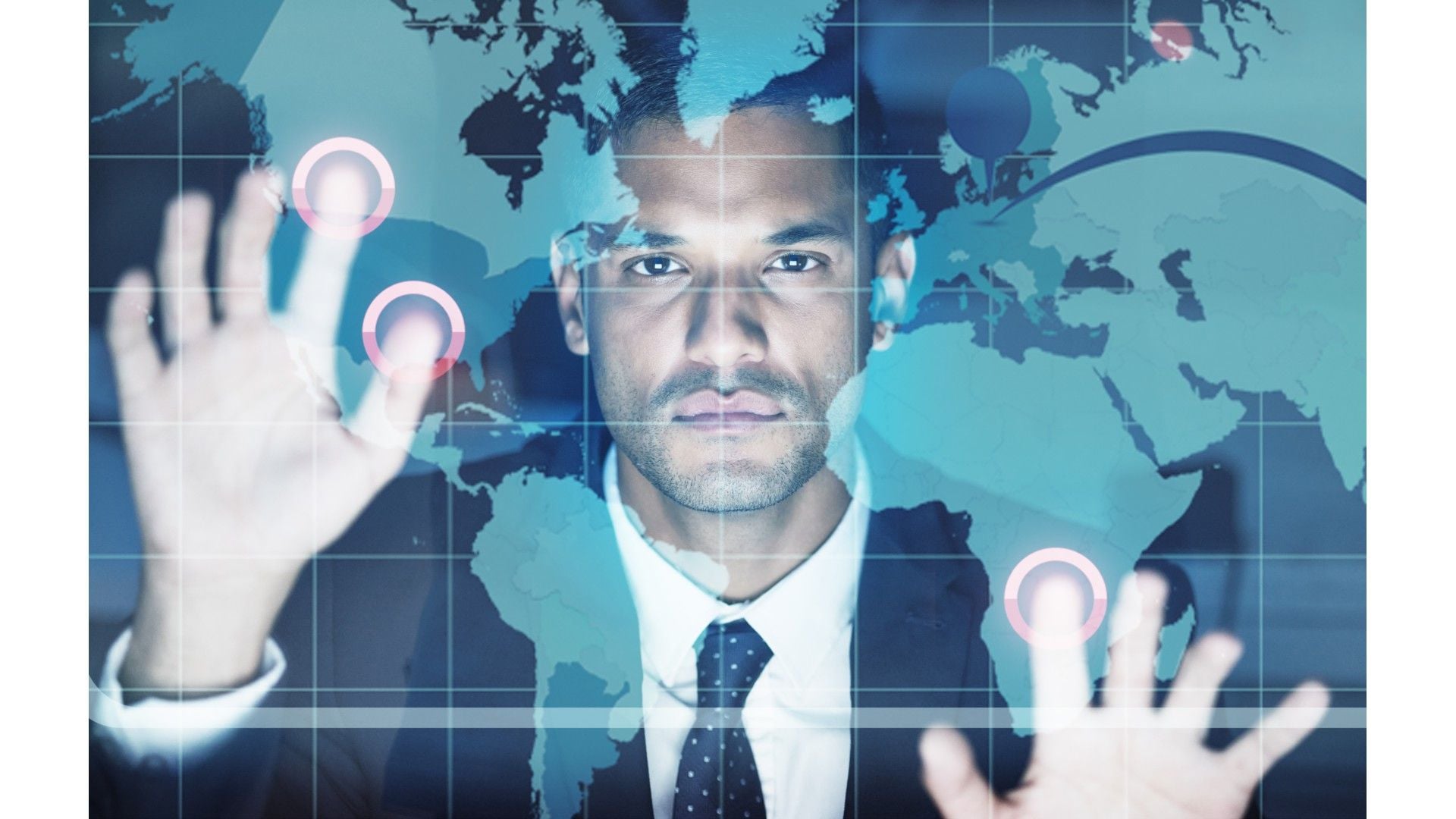Predictions for AI And Automation in 2022
A talk with Forrester VP Brandon Purcell on what change is in store in the coming year, and how companies will adapt.
Just when you thought it was safe to go back to normal -- are you ready for round two?
“There are big changes ahead,” says Forrester VP Brandon Purcell. “There are a lot of changes that have been brought about by what happened over the last two years. The pace of change is very rapid. There are pretty big things happening.”
Purcell spoke with InformationWeek about the predictions for AI in 2022 and beyond. One of the big changes coming is that the market for responsible AI solutions will double in 2022, according to Forrester. Purcell says this includes technology that helps ensure that AI meets ethical requirements, that it is explainable, fair, and privacy compliant.
Regulations are part of what is driving this change. Public opinion is also a factor. Consumers are paying attention to the headlines, according to Purcell.
Work in this area can dovetail with efforts in AI governance, he says, and organizations will be looking to MLOps and modelOps to help govern, monitor, and manage artificial intelligence systems over time.
“What accelerated adoption of these technologies is when the pandemic happened people’s behaviors changed overnight,” Purcell says. "Any models that had been built on previous behavior were no longer any good. MLOps is a discipline that helps determine when models are no longer effective.”
Several vendors have already built this capability into their technology, including Microsoft, Google, and DataRobot, according to Purcell.
The following are a few of Forrester’s other predictions around AI in the next year and beyond:
One in five organizations will double-down on “AI inside” to boost real-time readiness.
Forrester defines this “AI inside” as AI that’s embedded at the core of everything from architecture to operations. Traditional businesses will relaunch themselves as platform companies. Forrester said in its report that these capabilities will enable offerings such as virtual care by CVS and Walgreens, and digital baristas from Nestle Nespresso.
A full 15% of non-technology companies will include design and testing talent in AI teams.
Forrester said that more brands will turn to this kind of well-grounded software engineering and experience design practices to create AI-infused products and applications.
Wait, there’s more. You can read the rest of these predictions at InformationWeekhere.

)
)
)
)
)
)
)
)
)
)
